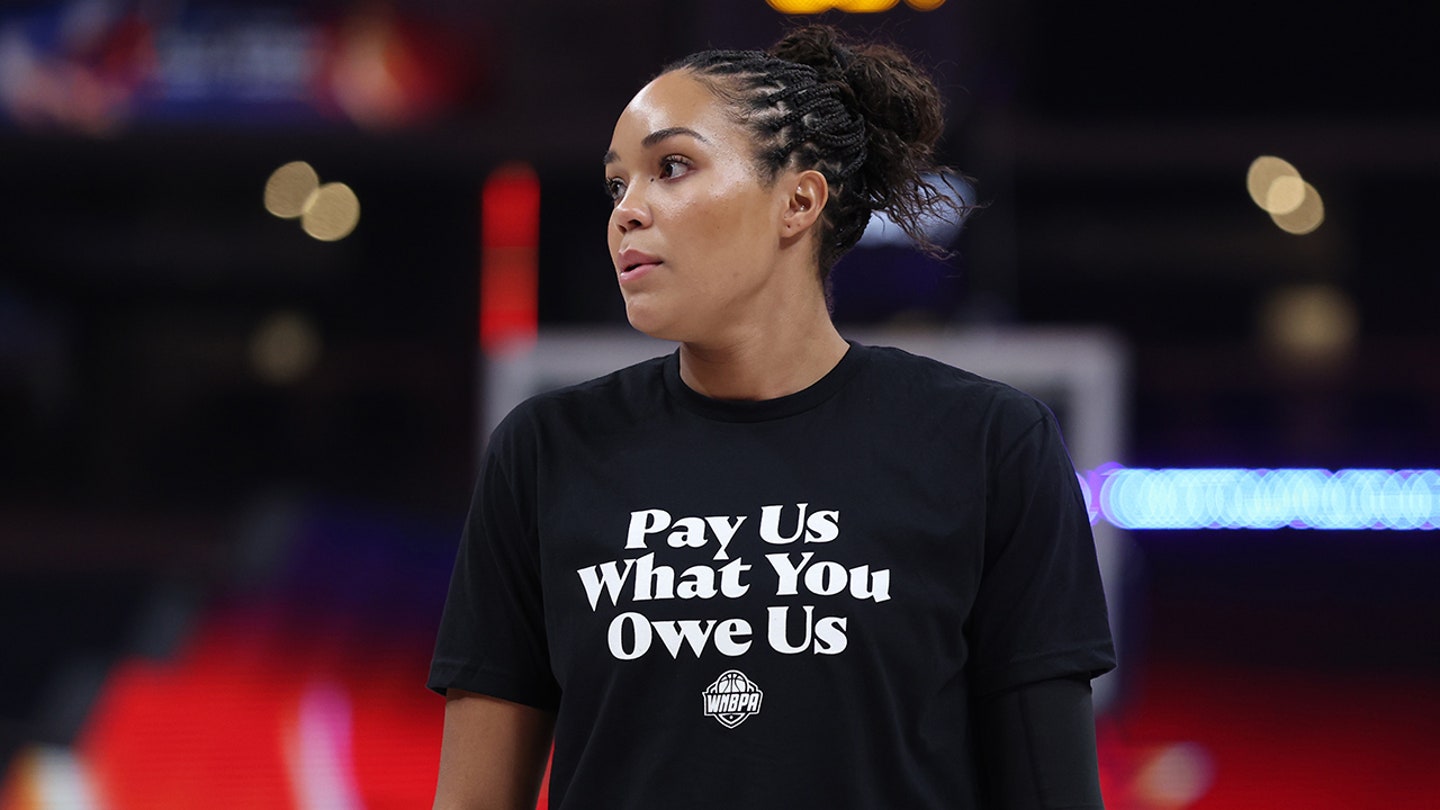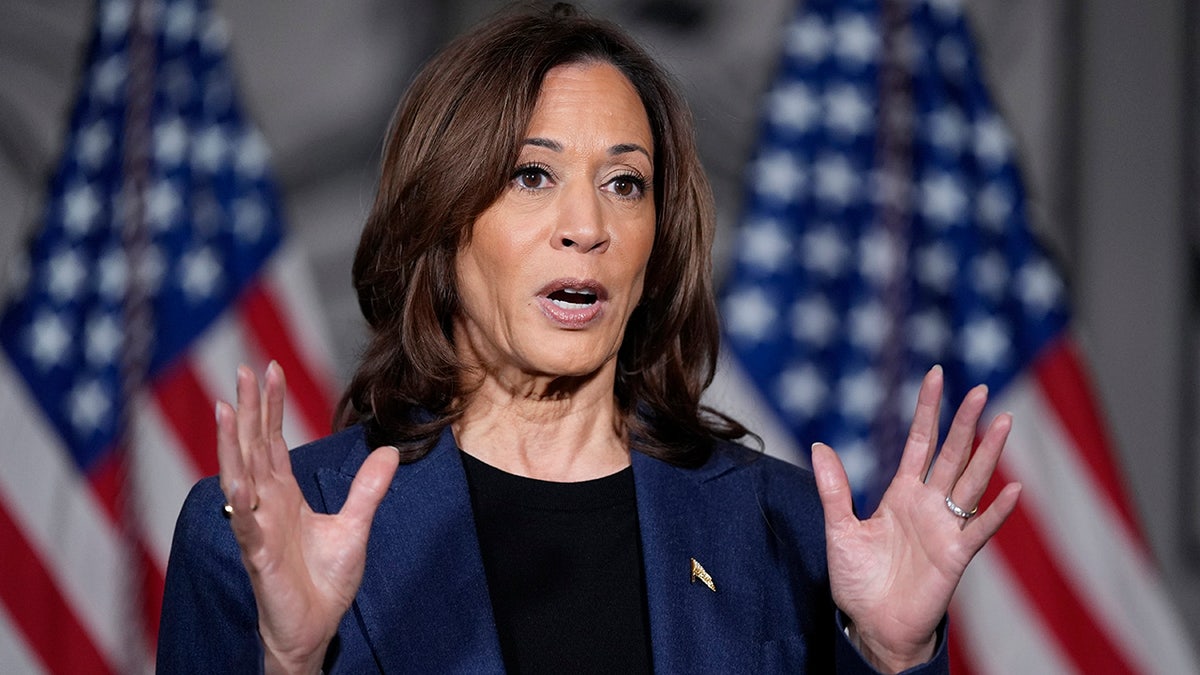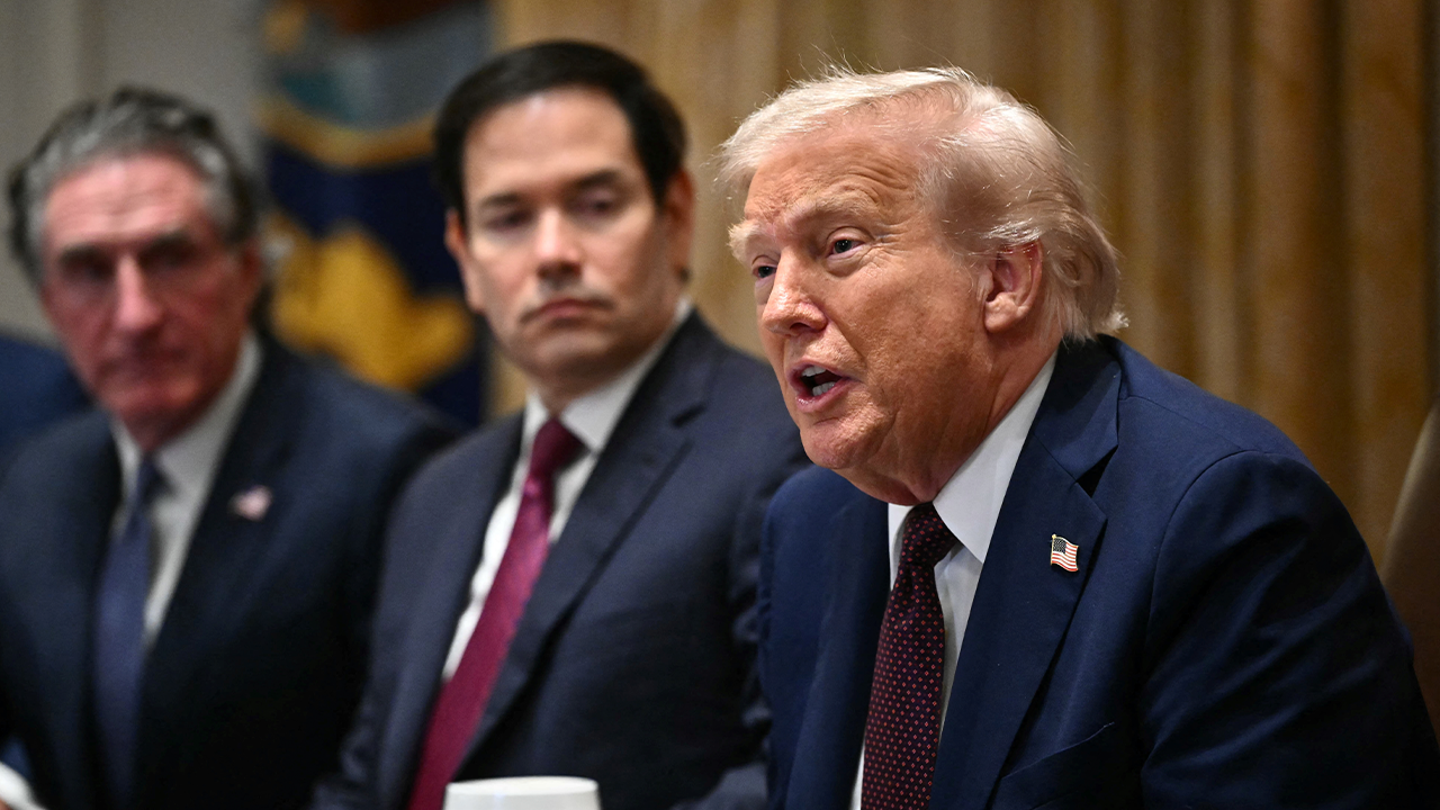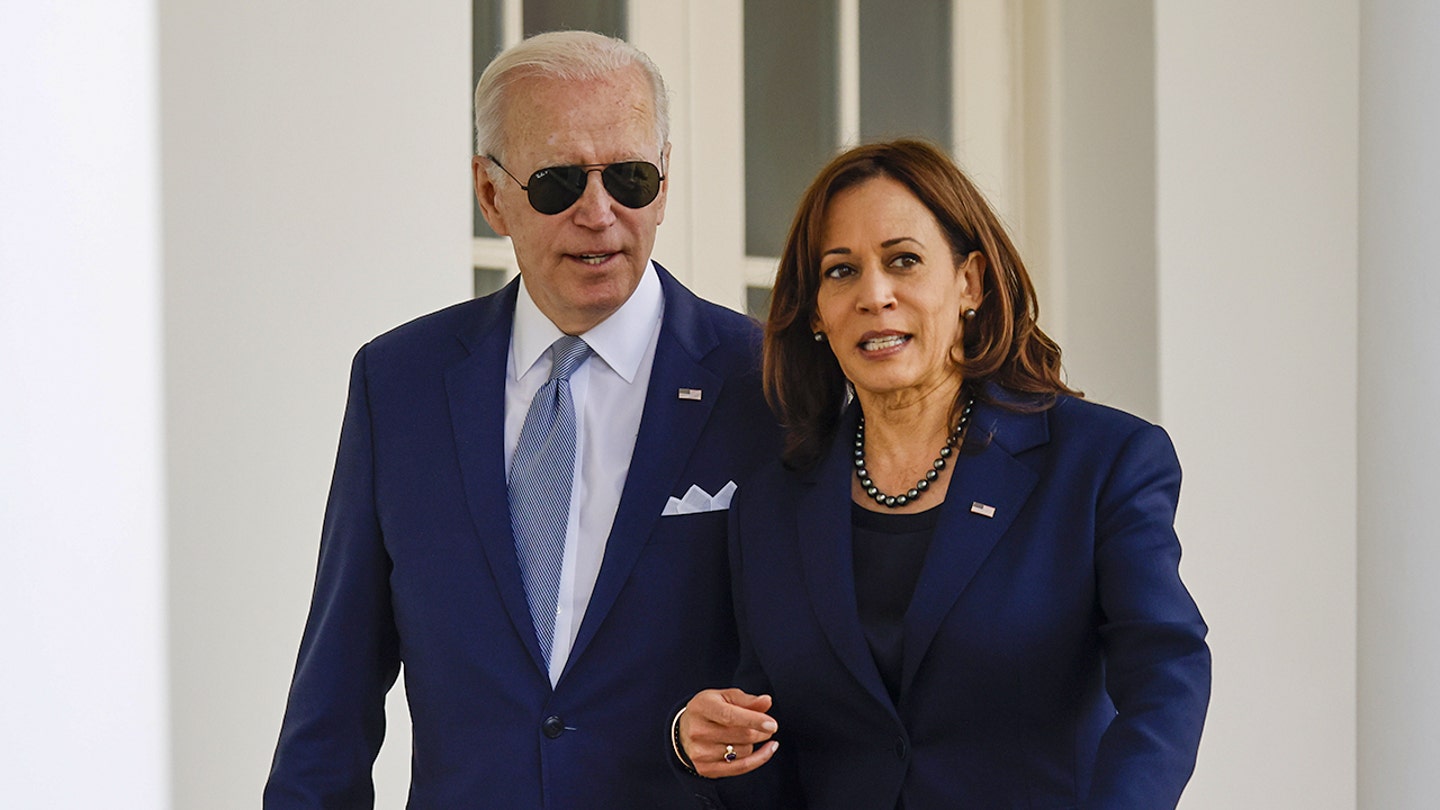
Stephen A Smith reveals why he won't back down from political commentary
Entities mentioned:
- Stephen A. Smith: Influence, Recognition, Professional pride
- ESPN: Self-preservation, Control, Competitive spirit
- Kamala Harris: Power, Ambition, Recognition
Article Assessment:
Credibility Score: 70/100
Bias Rating: 55/100 (Center)
Sentiment Score: 65/100
Authoritarianism Risk: 20/100 (Strongly Democratic)
Bias Analysis:
The article presents Smith's views fairly neutrally, quoting him directly. However, the mention of Fox News and criticism of Kamala Harris suggests a slight rightward lean.
Key metric: Media Influence Index
Let me tell you something - this story is a GAME-CHANGER! Stephen A. Smith is stepping up to the plate in the political arena, and he's swinging for the fences! This veteran commentator is showing a championship mentality by refusing to back down from political commentary. He's playing both offense and defense, keeping his ESPN team happy while expanding his own brand. It's a bold fourth quarter move that could either secure his legacy or fumble his career. But Smith isn't playing scared - he's got the competitive fire and is willing to go toe-to-toe with anyone who'll engage in fair play. This is the kind of clutch performance that separates the hall-of-famers from the bench warmers, folks!

Kamala Harris hosts WNBA player to discuss alleged conversation with league commissioner
Entities mentioned:
- Kamala Harris: Influence, Recognition, Unity
- Napheesa Collier: Justice, Determination, Professional pride
- Cathy Engelbert: Control, Self-preservation, Professional pride
- WNBA Players' Association: Unity, Justice, Competitive spirit
Article Assessment:
Credibility Score: 65/100
Bias Rating: 55/100 (Center)
Sentiment Score: 30/100
Authoritarianism Risk: 25/100 (Generally Democratic)
Bias Analysis:
The article presents multiple viewpoints, including statements from both Collier and Engelbert. However, it gives slightly more space to Collier's perspective, potentially leaning towards the players' side of the dispute.
Key metric: WNBA Player Compensation
Let me tell you something, folks - we've got a FULL COURT PRESS situation unfolding in the WNBA! This is a GAME-CHANGING play by Napheesa Collier, stepping up to the plate and calling out the league commissioner. We're talking fourth quarter, clock winding down, and Collier's making power moves! The players' union is in a high-stakes matchup against the league brass, and they're bringing their A-game to these contract negotiations. Kamala Harris is like the veteran coach, providing the arena for this crucial timeout discussion. Meanwhile, Commissioner Engelbert is on defense, trying to control the narrative like a point guard under pressure. This is the kind of team vs management showdown that could rewrite the playbook for women's sports! I'm telling you right now, we're witnessing a pivotal moment that could change the entire landscape of the WNBA!

Kamala Harris reveals reservations about transgender athletes in women's sports in new book
Entities mentioned:
- Kamala Harris: Self-preservation, Ambition, Wariness
- Donald Trump: Competitive spirit, Ambition, Influence
- Joe Biden: Wariness, Self-preservation, Competitive spirit
Article Assessment:
Credibility Score: 70/100
Bias Rating: 65/100 (Lean Right)
Sentiment Score: 45/100
Authoritarianism Risk: 35/100 (Generally Democratic)
Bias Analysis:
The article leans right, focusing on Democratic figures' hesitation on transgender athletes. It prominently features conservative perspectives and poll data, while giving less space to counterarguments.
Key metric: Voter Support
Let me tell you something - this story is a GAME-CHANGER in the political arena! Kamala Harris is making a fourth-quarter adjustment on transgender athletes in women's sports, folks. She's stepping up to the plate and admitting she had reservations, trying to find that sweet spot between appeasing her base and courting moderate voters. Meanwhile, Trump's campaign hit a home run with their ad, painting Harris as out of touch with mainstream America. Biden, the seasoned veteran, is playing defense, with reports suggesting he's been on the fence about this hot-button issue. This is a high-stakes match-up where every play counts, and these political heavy-hitters are pulling out all the stops to win over the crucial moderate voter demographic. It's a neck-and-neck race to the finish line, and I'm telling you right now, this transgender sports issue could be the deciding factor in who takes home the championship trophy in 2024!

NFL legend Brett Favre talks decision to support Trump, cites trans athletes in girls sports
Entities mentioned:
- Brett Favre: Righteousness, Duty, Moral outrage
- Donald Trump: Power, Influence, Ambition
- Kamala Harris: Ambition, Power, Influence
- Sage Steele: Curiosity, Professional pride
Article Assessment:
Credibility Score: 65/100
Bias Rating: 70/100 (Lean Right)
Sentiment Score: 45/100
Authoritarianism Risk: 55/100 (Mixed/Neutral)
Bias Analysis:
The article leans right, presenting Favre's conservative views without significant counterbalance. While it includes direct quotes, the framing and lack of opposing viewpoints suggest a right-leaning bias.
Key metric: Political Polarization Index
As a social scientist, I analyze that this article highlights the increasing political polarization in the United States, particularly among public figures. Brett Favre's decision to publicly support Trump, despite potential backlash, demonstrates the widening gap between left and right ideologies. His focus on controversial issues like transgender athletes in sports and immigration reflects key conservative talking points. The article suggests a growing trend of celebrities using their platforms for political influence, potentially impacting voter behavior. Favre's comments about the need for conservatives to be more vocal indicate a perceived imbalance in political discourse, which could further exacerbate polarization.

Kamala Harris fundraising events have been a flop to help raise money for DNC: Report
Entities mentioned:
- Kamala Harris: Ambition, Power, Legacy
- Democratic National Committee (DNC): Self-preservation, Unity, Influence
- Donald Trump: Power, Competitive spirit, Ambition
- Jen O'Malley Dillon: Loyalty, Professional pride, Duty
- Ken Martin: Duty, Obligation, Professional pride
Article Assessment:
Credibility Score: 65/100
Bias Rating: 55/100 (Center)
Sentiment Score: 30/100
Authoritarianism Risk: 20/100 (Strongly Democratic)
Bias Analysis:
The article presents information from multiple sources, including both Harris' allies and critics. While it leans slightly towards criticism of Harris and the DNC, it also includes defensive statements, maintaining a relatively balanced perspective.
Key metric: Political Fundraising Effectiveness
As a social scientist, I analyze that this article highlights significant challenges in the Democratic Party's fundraising efforts, particularly those associated with former Vice President Kamala Harris. The reported disappointing results from Harris' fundraising events, coupled with the DNC's ongoing payments of her campaign debts, suggest a strain on the party's financial resources. This situation could potentially impact the Democrats' ability to compete effectively in future elections, especially the upcoming midterms. The article also reveals internal tensions within the party, with some members expressing frustration over campaign spending and others criticizing the current DNC leadership. These factors combined indicate a period of financial and strategic difficulty for the Democratic Party, which could have broader implications for their political influence and electoral prospects.

Trump insists liberal governor praised him in private convo, scoffs at 2028 hopes
Entities mentioned:
- Donald Trump: Power, Recognition, Self-preservation
- Wes Moore: Ambition, Self-respect, Duty
- Kamala Harris: Ambition, Power
Article Assessment:
Credibility Score: 65/100
Bias Rating: 65/100 (Lean Right)
Sentiment Score: 35/100
Authoritarianism Risk: 55/100 (Mixed/Neutral)
Bias Analysis:
The article leans right, primarily due to its reliance on Trump's statements and Fox News sources. While it includes Moore's rebuttal, the framing gives more weight to Trump's version of events.
Key metric: Political Polarization
As a social scientist, I analyze that this article highlights the increasing political polarization in the United States. Trump's claims about Moore's alleged praise and Moore's subsequent denial exemplify the growing divide between political parties and their supporters. The dispute over what was said in a private conversation, now made public, demonstrates how personal interactions between political figures can become contentious issues in the media. This polarization is further exacerbated by Trump's threats to revoke funding and deploy the National Guard in Baltimore, which could be seen as an attempt to assert federal power over state governance. The article also touches on themes of political ambition and public image management, as both Trump and Moore appear to be positioning themselves for future political roles.

The DNC’s chair inherited a crisis. His critics say he’s part of it
Entities mentioned:
- Ken Martin: Ambition, Determination, Professional pride
- Democratic National Committee (DNC): Unity, Influence, Control
- Joe Biden: Legacy, Self-preservation, Duty
- Kamala Harris: Ambition, Power, Self-preservation
- Republican National Committee (RNC): Competitive spirit, Power, Control
- Donald Trump: Power, Influence, Revenge
Article Assessment:
Credibility Score: 75/100
Bias Rating: 45/100 (Center)
Sentiment Score: 35/100
Authoritarianism Risk: 25/100 (Generally Democratic)
Bias Analysis:
The article presents a balanced view, including perspectives from both Martin's supporters and critics. It relies on multiple sources and provides context for the DNC's challenges, indicating a relatively neutral stance.
Key metric: Democratic Party Fundraising and Unity
As a social scientist, I analyze that this article highlights significant challenges facing the Democratic National Committee (DNC) under the leadership of Ken Martin. The DNC is struggling with financial issues, internal conflicts, and a perceived lack of relevance in the broader political landscape. Martin's ambitious promises to state parties and his management style have created tension within the organization. The article suggests that the DNC's financial struggles, coupled with the Republican National Committee's superior fundraising, could impact the Democratic Party's ability to compete effectively in upcoming elections. The internal discord and lack of coordination with key party leaders indicate a fragmented party structure, which could hinder unified messaging and strategy. This situation may have long-term implications for the Democratic Party's ability to mobilize voters and win elections at various levels of government.

Gallery
Entities mentioned:
- Donald Trump: Power, Ambition, Revenge
- Kamala Harris: Ambition, Duty, Legacy
- Joe Biden: Legacy, Duty, Power
- Hillary Clinton: Ambition, Power, Legacy
- Michael Cohen: Loyalty, Self-preservation, Revenge
- Stormy Daniels: Recognition, Justice, Influence
- Jack Smith: Justice, Duty, Professional pride
- Fani Willis: Justice, Ambition, Professional pride
Article Assessment:
Credibility Score: 65/100
Bias Rating: 55/100 (Center)
Sentiment Score: 35/100
Authoritarianism Risk: 70/100 (Authoritarian Tendencies)
Bias Analysis:
The article presents a mix of factual information and potentially controversial claims without clear attribution. While it covers events from various perspectives, the tone and framing slightly favor a more dramatic narrative of Trump's comeback.
Key metric: Democratic Stability Index
As a social scientist, I analyze that this article depicts a significant shift in the American political landscape, with implications for democratic norms and institutions. Trump's re-election despite legal challenges and his subsequent actions suggest a weakening of traditional checks and balances. The dropping of federal cases and the disqualification of a district attorney in a state case indicate potential political interference in the justice system. The assassination attempt highlights the intense polarization and potential for political violence. These developments could lead to a decline in the Democratic Stability Index, as they represent a departure from established democratic norms and potentially signal a move towards more authoritarian governance styles.
- Read more about Gallery
- Log in to post comments

GOP senators push for Kamala Harris' testimony as House Oversight eyes subpoena
Entities mentioned:
- GOP senators: Accountability, Justice, Control
- Kamala Harris: Self-preservation, Loyalty, Duty
- House Oversight Committee: Accountability, Justice, Control
- Joe Biden: Self-preservation, Legacy, Power
- Roger Marshall: Professional pride, Righteousness, Influence
- James Comer: Accountability, Influence, Justice
- Richard Blumenthal: Loyalty, Duty, Self-preservation
- John Hoeven: Accountability, Duty, Influence
Article Assessment:
Credibility Score: 65/100
Bias Rating: 70/100 (Lean Right)
Sentiment Score: 30/100
Authoritarianism Risk: 45/100 (Mixed/Neutral)
Bias Analysis:
The article leans right due to its focus on Republican perspectives and allegations against the Biden administration. While it includes a brief Democratic counterpoint, the majority of the content amplifies GOP criticism and concerns.
Key metric: Political Polarization Index
As a social scientist, I analyze that this article highlights increasing political polarization in the U.S. The GOP's push for Harris' testimony and the focus on Biden's alleged cognitive decline demonstrate a partisan approach to oversight. This could potentially widen the divide between Democrats and Republicans, affecting public trust in institutions and inter-party cooperation. The emphasis on Biden's perceived weaknesses and their alleged impact on national security further intensifies the partisan narrative. This polarization could lead to decreased governmental effectiveness and increased public cynicism towards political processes.

TikTok isn't enough to stop Gen Z from drifting to AOC. Trump must do 3 things next
Entities mentioned:
- President Trump: Power, Influence, Legacy
- Republican Party: Power, Control, Influence
- Alexandria Ocasio-Cortez: Influence, Justice, Ambition
- Zohran Mamdani: Ambition, Influence, Justice
- Kamala Harris: Power, Influence, Ambition
- Gen Z: Freedom, Justice, Security
Article Assessment:
Credibility Score: 55/100
Bias Rating: 75/100 (Lean Right)
Sentiment Score: 65/100
Authoritarianism Risk: 35/100 (Generally Democratic)
Bias Analysis:
The article leans heavily right, presenting a partisan viewpoint favoring Republican strategies. It frames Democratic approaches negatively while portraying Trump's methods as innovative and successful.
Key metric: Youth Voter Engagement and Party Affiliation
As a social scientist, I analyze that this article emphasizes the importance of digital platforms and direct engagement strategies in capturing the Gen Z vote. The author argues that Trump's success with young voters in 2024 was due to embracing new media formats like TikTok and podcasts. The proposed strategies - a White House podcast, campus tours, and active TikTok presence - aim to solidify and expand Republican support among youth. This approach recognizes the shift in media consumption patterns and the desire for authentic, unfiltered communication from political leaders. The article suggests that these tactics could prevent young voters from aligning with more progressive politicians, potentially reshaping long-term political affiliations and voting patterns.